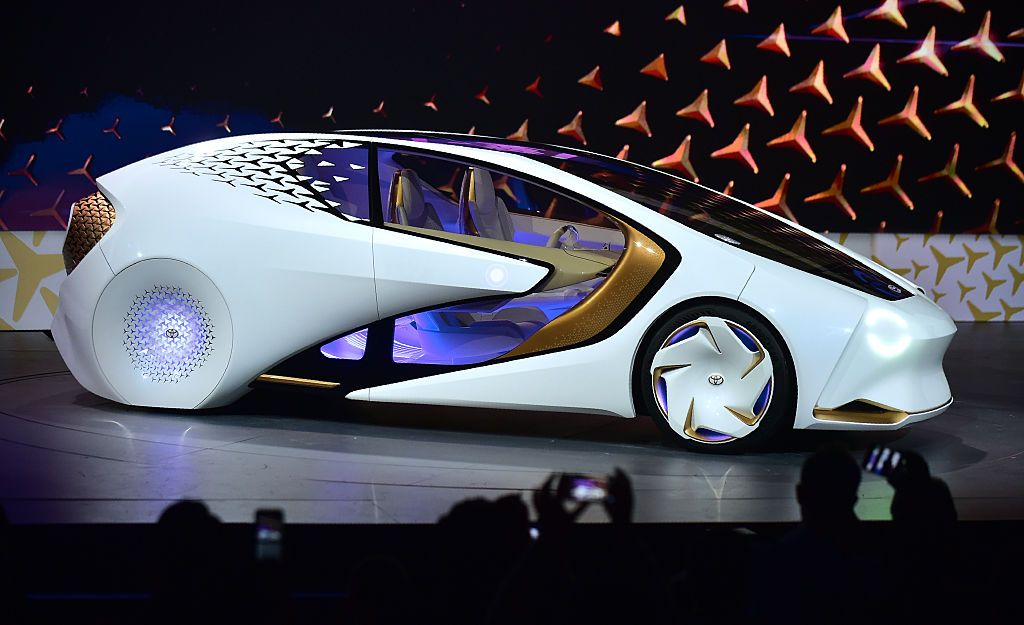I share the opinion of other writers I've read over the years that American classical, pre-streamline, luxury automobile design reached its apogee in 1932 or thereabouts. The awkwardness of typical 1920s designs had been sloughed off. This was probably due to exterior design passing from a company's engineering staff to either custom body designers, corporate styling staffs or consultants with coachbuilding firm design experience.
Consider the Stutz, a brand in decline by the late 1920s that the Great Depression of the 1930s eventually killed (more information here and here.)
It had success at the Le Mans in 1928 and '29 -- not a win, but high placing. This, along with the aura of its famed Bearcat from 1912, gave the brand a sporting reputation. But Stutz could not afford to develop the V-12 motors its competitors such as Packard could. So it marketed a motor with two intake and two exhaust valves for each of its eight in-line cylinders. This was called the DV-32 for "Dual Valve" (of each type) for a total of 32 valves. Stutz's motors with single intake and outlet valves were called SV-16s ("Single Valve" and 16 total).
Nevertheless, many of these final Stutz cars were magnificent. That, and their rarity, resulted in high auction prices in recent years.
Below are some examples.
1929 Stutz Blackhawk Roadster - Hyman Ltd. photo
1930 Stutz SV-16 Monte Carlo by Weymann - RM Sotheby's photo
Weymann bodies were fragile, being treated fabric over wood frames. This Monte Carlo is interesting because of its bustle-back design that harks ahead to the rapidly-growing popularity of that style in the postwar era. Also interesting is the extra luggage trunk tacked aft of the bustle back. The low passenger greenhouse is very sporty looking, though driver vision and headroom for hat-wearers probably weren't the best.
1931 Stutz DV-32 Rollston Convertible Victoria - RM Sotheby's photo
Long wheelbase, long hood, minimal overhang front and rear. Also no bustle back.
1931 Stutz DV-32 Rollston Convertible Victoria - RM Sotheby's photo
Another example by the same coachbuilder.
1931 Stutz DV-32 Roadster - Bonhams photo
This roadster seems to have a boat tail. I have no information regarding the coachbuilder (assuming it's not a factory body).
1932 Stutz Super Bearcat
The sporty Bearcat was revived towards the end. Very long (proportionally) hood, the driver seated well towards the rear.
1933 DV-32 Monte Carlo by Weymann
This body is virtually the same as the 1930 Weymann's shown above, though the box trunk is absent.
1933 DV-32 Monte Carlo by Weymann - RM Sotheby's Photo
A recent view of the Stutz shown in the previous photo from 1933.
I share the opinion of other writers I've read over the years that American classical, pre-streamline, luxury automobile design reached its apogee in 1932 or thereabouts. The awkwardness of typical 1920s designs had been sloughed off. This was probably due to exterior design passing from a company's engineering staff to either custom body designers, corporate styling staffs or consultants with coachbuilding firm design experience.
Consider the Stutz, a brand in decline by the late 1920s that the Great Depression of the 1930s eventually killed (more information here and here.)
It had success at the Le Mans in 1928 and '29 -- not a win, but high placing. This, along with the aura of its famed Bearcat from 1912, gave the brand a sporting reputation. But Stutz could not afford to develop the V-12 motors its competitors such as Packard could. So it marketed a motor with two intake and two exhaust valves for each of its eight in-line cylinders. This was called the DV-32 for "Dual Valve" (of each type) for a total of 32 valves. Stutz's motors with single intake and outlet valves were called SV-16s ("Single Valve" and 16 total).
Nevertheless, many of these final Stutz cars were magnificent. That, and their rarity, resulted in high auction prices in recent years.
Below are some examples.
1929 Stutz Blackhawk Roadster - Hyman Ltd. photo
1930 Stutz SV-16 Monte Carlo by Weymann - RM Sotheby's photo
Weymann bodies were fragile, being treated fabric over wood frames. This Monte Carlo is interesting because of its bustle-back design that harks ahead to the rapidly-growing popularity of that style in the postwar era. Also interesting is the extra luggage trunk tacked aft of the bustle back. The low passenger greenhouse is very sporty looking, though driver vision and headroom for hat-wearers probably weren't the best.
1931 Stutz DV-32 Rollston Convertible Victoria - RM Sotheby's photo
Long wheelbase, long hood, minimal overhang front and rear. Also no bustle back.
1931 Stutz DV-32 Rollston Convertible Victoria - RM Sotheby's photo
Another example by the same coachbuilder.
1931 Stutz DV-32 Roadster - Bonhams photo
This roadster seems to have a boat tail. I have no information regarding the coachbuilder (assuming it's not a factory body).
1932 Stutz Super Bearcat
The sporty Bearcat was revived towards the end. Very long (proportionally) hood, the driver seated well towards the rear.
1933 DV-32 Monte Carlo by Weymann
This body is virtually the same as the 1930 Weymann's shown above, though the box trunk is absent.
1933 DV-32 Monte Carlo by Weymann - RM Sotheby's Photo
A recent view of the Stutz shown in the previous photo from 1933.




















EmoticonEmoticon